Welcome to your new mid-week update! If you missed our admissions special last week, you will also not have seen that we are moving away from Friday afternoon e-mails because we want to support your wellbeing. Nothing much has changed on admissions yet, by the way, so that one is still worth reading.
Government Updates
Parliament is commencing recess early today (at close of business on Wed 25 March). This will allow MPs to return to their homes and self-isolate with their families. In normal circumstances, recess would end and parliamentarians would return on Tuesday 21 April, however they are not expected to return this year. The Houses of Parliament are ill-equipped to continue normal business remotely. The beautiful, old buildings are crumbling and do not have the high-tech infrastructure to manage remote voting systems. There was much talk of a need for electronic voting in the tight votes over Brexit (with MPs coming in from hospital in wheelchairs or appearing a very few days after having babies) but they haven’t found a way yet. Select committees may be able continue remotely via video link. Home broadband is so much more reliable than trying to get a Wifi signal in Parliament!
The Coronavirus Bill 2019-20 has completed its stages in the House of Lords (just after 4pm on 25th March) and has gone for Royal Assent. The Coronavirus Bill gives the executive wide ranging and unprecedented powers, which will allow them to continue to govern without Parliament over the next few months if necessary.
The House of Commons Library has published a research briefing covering the education provisions in the Coronavirus bill in more detail. The Explanatory Notes and Impact Assessment explain more on the financial implications of the Government’s powers to close educational institutions. Should the government decide to compensate providers, it may be able to provide funds to “approved (fee cap)” institutions using powers under s39 of the Higher Education and Research Act (“Financial support for registered higher education providers”). For “approved” providers these powers could not be used – it is assumed that wider powers for the government to deploy public funds would apply, but this is not certain.
The impact assessment also suggests that, should a provider be sued for breach of contract or under customer protection rules regarding the provision of accommodation or education, force majeure is believed to apply. The Bill also gives the Office for Students a specific power to disregard its conditions of registration for providers.
Research Professional report that the Government’s response to the Augar review: “has been kicked even further down the path after chancellor Rishi Sunak told cabinet that the 2020 comprehensive spending review, due this summer, would be delayed because of the pandemic. The Augar response is expected to be published alongside the review.”
University education in the pandemic
Monday night announced the lockdown for the UK population, meanwhile three Ministerial letters winged their way to English HE and FE institutions and apprenticeship providers. The Universities Minister wrote (link on Wonkhe here):
- to curtail the practice of unconditional offers
- to offer DfE support as institutions move towards online provision
- clarification on Tier 4 visa issues which will arise from shifting to online provision
- mitigation for enrolment difficulties (with support from the Home Office, the British Council, UCAS, and Ofqual)
- student residences and support services particularly for students who are unable to return ‘home’ such as care leavers, estranged students, and international students.
Within the FAQs it was stated that DfE will be working closely with the HE sector and OfS, as regulator, to ensure that we understand the potential financial implications of the issues and risks Covid-19 is bringing to bear on the sector, and to keep abreast of developments.
Summer Exams
The Minister issued a Written Ministerial Statement on the impact of Covid-19 on summer exams. Below is the sector stakeholder reaction to the impact of summer exam cancellations:
The heads of University Alliance, the Russell Group, GuildHE, and MillionPlus put out a joint statement confirming that universities will do all they can to support students and ensure they can progress to university:
- We know many students are anxious about what the cancellation of exams and assessments might mean. Our message to students is: we understand and universities are here for you. Universities are committed to doing all they can to support students and applicants and ensure they can progress to university. This will involve being flexible and responsive in their admissions processes. We want to reassure students who have applied to university, or are thinking of doing so through clearing, that every effort will be made to ensure they are not disadvantaged in any way by the decision not to go ahead with exams this summer.
Association of Colleges (AoC), Chief Executive, David Hughes said:
- “The cancellation of the 2020 summer exam series is the right decision. However, it will have unsettled the many thousands of students who were preparing for exams and assessments in the full range of qualifications and they will need reassurance about alternative arrangements which support their progression plans. The whole education system will need to work together to ensure that no young person is disadvantaged as a result of the cancellation. There are many challenges to overcome to achieve that, but this is also an opportunity to reconsider some aspects of our high-stakes exam regime. We are working with the Department for Education and Ofqual to ensure that the particular challenges faced by colleges and students are understood. Any decisions about assessment and accreditation for the students affected need to take into account the college context because nearly two thirds of all 16-19 year old students study in colleges. Colleges are determined to play their part in helping to safeguard the educational and progression opportunities of every student affected.”
The AoC also made the following recommendations:
- The guarantee of a place in post-16 education for every student affected by the cancellation of the 2020 summer exam series.
- Additional resources to increase teaching time for all 16-19 year olds in 2020/21, make up for the lost teaching time in 2019/20 and support catch-up classes and skills development.
- A national record of achievement and reference system for recording students’ capabilities and achievements in a common and comprehensible way as they transfer between institutions.
- The development of national online tests in English, maths and other subjects, to support receiving post-16 institutions in advising and guiding students to make appropriate choices for 2020/21.
- A revision of the English and maths condition of funding in light of the cancellation of GCSEs this summer.
- Employer agreed skills standards and accreditation requirements for entry-level employment in various sectors and the use of nationally approved skills tests to provide the evidence of students’ skills that employers need.
Teach First wrote to the Secretary of State for Education, calling for:
Support for disadvantaged children to learn at home
- Internet providers to lift data caps for vulnerable households.
- Technology firms to provide safe devices for children most in need to be able to study.
- Energy companies to provide electricity for disadvantaged pupils to learn from home.
Fair exam grades
- Many young people face uncertainty about their exam grades and futures. We must ensure that steps are taken to award grades fairly and prevent further increases in inequality. Marks linked to past performance could disadvantage hard working pupils, teachers and improving ‘turnaround’ schools.
Long-term support to recover
- When schools return support must be weighted towards those serving disadvantaged communities. This must be a priority to prevent the attainment gap between rich and poor pupils from growing.
Finally HEPI have a blog – School performance tables are cancelled – should university league tables be cancelled too?
Unconditional offers
On unconditional offers, the Minister’s letter on 20th March followed our update last Friday and, as predicted, criticised those providers who had switched offers to unconditional in reaction to the news about exams. It was followed by a request on 23rd March to put a two week moratorium on any unconditional offers.
As Research Professional report the Government was unprepared for this quick response from some within the sector. During the pause period the DfE will continue to develop the methodology of how grades will be awarded to students not sitting exams and consider how the application process should be run. The Minister has threatened that any institutions not complying with the ban will undergo regulatory intervention – We will use any powers available to us to prevent such offer making on the grounds that it is damaging to students and not in their interests. UUK have supported the intervention.
On practical matters UCAS have extended the admissions deadline. Students usually have to decide which university offers to accept by early May. UCAS have confirmed the deadline will be extended by two weeks. UCAS states: Universities and colleges will also have additional time to assess applications and adjust their processes in these unprecedented times… We will email students this week with information on their new May decision deadline, and ensure they understand they have additional time over the coming weeks to make their decisions.
Research Professional (RP):
- The government is clearly not on top of the situation. On 18 March, rather than mandate the closure of universities, Williamson said that he would support the decisions of vice-chancellors. Less than a week later, universities are being threatened with regulatory action… Vice-chancellors will have acted not out of malice but with the best of intentions to offer comfort to anxious applicants—that’s what comes of sending mixed messages.
- Donelan says that switching offers to unconditional “risks destabilising the admissions system, increasing financial uncertainty and volatility for all institutions at a time when universities are already facing significant pressures”. The minister wants universities to “avoid actions which might not be in students’ best interests simply to maximise their intake over other universities”.
- That was probably not the idea behind the switch to unconditional offers, but in a sign of how quickly the world is changing…
The Government’s edict that no new unconditional offers can be made has stimulated debate. Some speculate they may capitalise on the pause to take future action banning all or most unconditional offers (the OfS Admissions consultation has been understandably paused for now). Many lament the impact of the ban on the disadvantaged students who were always intended to be the main recipients of unconditional offers to alleviate some of the turbulence in their lives.
Meanwhile the DfE has reminded students and parents that they are not obliged to accept an unconditional offer and even if they have they can release themselves to explore other options during clearing. DfE state that the release process was introduced last year to support student choice and promote flexibility, and nearly 30,000 students used this functionality.
The OfS press release language is very interesting – they have assumed right up front that NO unconditional offer is in the best interest of a students – they may relax that when they come up with their guidance, but we shall see.
- ‘Universities and colleges must stop making offers that are not in the best interests of students. They should not make any unconditional offer or amend existing offers for at least two weeks while Ofqual develops the details of the new system.
- ‘Many universities and colleges have been responding to the enormous challenges of coronavirus with innovation and ingenuity. But it is critical that every university and college puts the student’s interest first in these difficult times.
- ‘So, I want to make it very clear to any university or college – and its leaders and governors – that if any university or college makes unconditional offers or adjusts any offer to students during this two week moratorium we will use any powers available to us to prevent such offer making on the grounds that it is damaging to students and not in their interests.
So although they have not done anything about it yet, except issue a review and now a short-term suspension – you could read this as them having already made up their mind and expecting to judge the sector retrospectively against the outcome.
We will let RP have the final word: As higher education pauses admissions activity, it is time now for the government to come up with a workable solution. No more mixed messages: some clarity is needed. As the government has realised on the economy and social distancing, a laissez-faire approach will not see us out the other side of this crisis.
Media coverage: The BBC, The Times and FE Week.
Research in the pandemic
The Under-Secretary of State for Science, Amanda Solloway issued a letter thanking the HE sector for the Covid-19 research and urging institutions to prioritise supporting colleagues (employment terms and conditions) who are working on mitigating this crisis. Skills Minister Gillian Keegan wrote to colleges and training providers and Scottish HE minister Richard Lochhead also issued a letter.
REF 2021 will be pushed back to adjust for the effects of Coronavirus. Currently, the 31 July 2020 census date will be retained. However, the final submission deadline will be delayed. No date for the submission has yet been set but universities have been told they can expect an 8 month notice period when the new date is announced. BU is continuing with the mock REF exercise but will review future timelines as appropriate.
Student Loans
The Student Loans Company has confirmed third term payments will be made as normal even with most teaching moving online.
Zamzam Ibrahim, NUS National President, commented:
- NUSis pleased that the Department for Education and the Student Loans Company have responded to the strong concerns that we and our member students’ unions have raised in the last week by confirming third term payments will be made as normal, despite the many changes to teaching arrangements made by universities in response to the pandemic. We will continue to work with them to ensure clear communication to students and to ensure students are treated fairly.
- Where a students’ family income falls significantly in the year of study, they can ask for a reassessment of their student finance if they are not already receiving the maximum levels of support, and so students should contact the relevant student finance agency as they may be able to receive more support.
- Students’ income will already be affected as many rely on part-time jobs in hospitality and retail – while we welcome the Chancellor’s commitment to support those who lose employment income we are concerned that those students who are self-employed or who work in the gig economy will not be supported, and most full-time students cannot claim benefits. We need to ensure a safety net is in place for these students, either by extending the wage protections or ensuring access to hardship funding in universities and colleges.
Several parliamentary questions relating to student loans repayments were asked this week. Most have already been superseded in the Government’s announcement that repayments will continue as normal but be reassessed and cease if an individual’s income drops below the repayment threshold.
Last, Peter Lauener was appointed as Chair of the Student Loans company. He replaces Andrew Wathey who was in the role on an interim basis.
The Student Loans Company has announced the temporary closure their contact centre. They state:
- [We are] closing our customer contact centres temporarily for new and existing students, and for any customer in repayment.
- The closure of our customer contact centres will not impact summer term maintenance payments to students or tuition fee payments to education providers. These payments will be made as normal. New and existing students in England and Wales can continue to apply for student finance and we will continue to process any applications that have been received as quickly as we can.
- We are working to restore service at our contact centres as soon as we can and we will provide further information on this over the coming days.
Brexit
A poll on Coronavirus set out to measure the public’s support for the Government’s actions to limit the spread of the virus. It shows favour for a practical potential policy U turn on extending the Brexit end of transition phase. You Gov say: despite it being one of the most dramatic debates in British politics just weeks ago, a majority of the public (55%) would now support extending the Brexit transition period as negotiations have now had to be delayed. A quarter (24%) are still opposed, while 21% say they don’t know.
You can read the full poll analysis here. An interesting further point is made about the need for the Government to appeal to the young to ensure they understand the seriousness of the crisis and follow social distancing (and now lockdown) requirements. You Gov say: While Boris is still divisive, the public are warming to Rishi Sunak and Chris Witty. Because of this, the Government needs think carefully about its messengers to make sure they are best cutting through with the public.
Parliamentary Questions
Covid-19 Support for Universities
Q – Dan Jarvis: To ask the Secretary of State for Education, what steps his Department is taking to support universities during the covid-19 outbreak. [32182]
A – Michelle Donelan: The Department for Education has indicated that it will not be possible to answer this question within the usual time period. An answer is being prepared and will be provided as soon as it is available.
Covid-19 – Student Accommodation/Online Learning (both due for answer on Thursday)
Q – Rosie Duffield: To ask the Secretary of State for Education, if he will take steps to ensure that universities allow students to terminate their accommodation contracts early without incurring financial penalties during the covid-19 outbreak.
This is due for answer on Thursday – here is the link to follow the response. If you have trouble accessing the response (sometimes they change the link when they add the answer) contact us and we’ll locate it and send it over to you
Q – Stuart Anderson: To ask the Secretary of State for Education, whether he is taking steps to ensure that online access to learning is put in place for pupils and students at schools and higher education institutions that have not developed online resources; and if he will make a statement. [34409]
Disability: Q – Sharon Hodgson: To ask the Secretary of State for Education, what assessment his Department has made of the effect on the health and wellbeing of students in higher education with visual stress of the removal of colorimetry funding for those students.
A – Michelle Donelan: The department is in discussion with the Association of Dyslexia Specialists in Higher Education as to whether any additional types of assistance would be appropriate for students with a diagnosis of visual stress.
And there is one on brain injuries disability funding.
Access: Q – Baroness Royall of Blaisdon: To ask Her Majesty’s Government, further to the Written Answer by Viscount Younger of Leckie on 6 November 2018 (HL10959), whether they are now in a position to ensure that higher education providers have access to free school meals data at the start of the undergraduate admissions cycle as part of measures to widen access to higher education.
A – Baroness Berridge:
- Everyone with the talent and capability to succeed in higher education should have the opportunity to benefit from a high-quality university education, regardless of age, background or where they grew up.
- So that providers are identifying talent in areas of disadvantage, they need to use good-quality and meaningful data. We encourage higher education providers to use a range of measures including individual-level indicators, area data (such as Participation of Local Areas, Index of Multiple Deprivation or postcode classification from ACORN), school data, intersectional data such as Universities and Colleges Admissions Service’s (UCAS) Multiple Equality Measure, and participation in outreach activities.
- We are actively considering how we can make available free school meals data, taking in to account relevant data protection legislation, and will continue to work closely with UCAS and the Office for Students to this end. In general, we are looking to make data as illuminating as possible.
- The government believes that every young person with the potential should have the opportunity to access higher education, if it is right for them. A person’s background or start in life should not determine their future.
Disability Employment Gap: Q – Marco Longhi: To ask the Secretary of State for Work and Pensions, what steps she is taking to support people with mental disabilities (a) into and (b) to remain in employment. [30042]
A – Justin Tomlinson:
- The Government is committed to reducing the disability employment gap and seeing a million more disabled people in work by 2027.We help disabled people, including those with mental health conditions and learning disabilities, return to and stay in work through programmes including the Work and Health Programme, the new Intensive Personalised Employment Support Programme, Access to Work and Disability Confident.
Mental Health: Q – Preet Kaur Gill (Birmingham, Edgbaston): To ask the Secretary of State for Education, pursuant to the oral statement of 18 March 2020, what steps he is taking to ensure that children and young people whose educational institution is closed are able to access mental health services provided through those institutions. [32157]
A – Vicky Ford (Chelmsford):
- The department is working with NHS England and Public Health England who are providing guidance on seeking mental health support, including guidance for parents and carers of children and young people on addressing mental health and wellbeing concerns during the COVID-19 outbreak. Where in place, mental health support teams are also actively considering how they continue to deliver a service to support children and young people.
Industrial Strategy: Q – Alex Cunningham: To ask the Secretary of State for Health and Social Care, what progress has been made on meeting the objective in the Ageing Society Grand Challenge to ensure that people can enjoy at least 5 extra healthy, independent years of life by 2035. [29943]
A – Helen Whately:
- Delivering the Ageing Society Grand Challenge (ASGC) mission will require complex systems thinking across a number of areas and we are already working closely across Government, industry, academia and the voluntary sector to do this.
- We have invested £98 million through the Industrial Strategy Challenge Fund Healthy Ageing programme to enable businesses, including social enterprises, to develop and deliver services and products to support people as they age. We have also announced Andy Briggs as the ASGC Business Champion and our plans to establish the UK Longevity Council.
- In 2019, the Department published the consultation document ‘Advancing our Health: Prevention in the 2020s’, which has the ASGC mission at its core and sets out the commitments to contribute towards achieving it.
Skills Gaps: A question on skills gap vacancies and whether qualifications and apprenticeships can fill the gaps.
Free Speech: Q – Marco Longhi (Dudley North): To ask the Secretary of State for Education, what steps he is taking to protect freedom of speech and promote diverse debate within universities. [30031]
A – Michelle Donelan (Chippenham):
- This government has committed to strengthen free speech and academic freedom and ensure our universities are places where debate can thrive. My right hon. Friend, the Secretary of State for Education has made it clear that if required he will look at changing the underpinning legal framework. We have made it clear that if universities do not uphold free speech, the government will.
Student Accommodation
Safely managing student accommodation through the crisis is a tricky process for the HE sector. Thorny issues include: ensuring adequate safeguards where students are self-isolating and moving back to the family home is not possible or inappropriate; requirements for students to continue paying for accommodation or pay retainers whilst not in residence; student evictions as providers close down student residences; concerns over 2021-22 contract pressures. Here are two blogs on student accommodation. On Research Professional Fiona McIntyre reports that universities have been told to pressure firms in charge of private halls of residence to make sure no student is left without a place to stay during the coronavirus epidemic, while the Student Loans Company has said that third-term payments will proceed as planned.
And on Wonkhe Eva Crossan Jory from NUS describes the crisis facing student rents resulting from coronavirus, and what universities, private halls operators and government should do to avert it.
Wonkhe also report that: Student accommodation providers Unite and Liberty Living have promised not to charge students for accommodation for term three if email notification is received before 10 April. Arrangements will be made to support students who need to stay on in accommodation through term three and beyond.
Student Trust
HEPI have a blog from Mary Curnock Cook on Connectedness, Trust and Student Engagement. Excerpts:
- A new report from Enlitened, part of the Student Room Group, looks at how ‘connected, engaged and supported’ undergraduate students are in the UK. In a classic virtuous circle, the report suggests that feeling connected is highly correlated with trust, and trust increases with awareness of and confidence in university resources. Addressing these areas quite directly could help universities significantly improve theirstudents’ overall experience, as well as helping prepare them better for the world of work. It goes without saying that in the current coronavirus crisis, universities resorting to remote working and online learning will soon feel the pinch if they don’t have some connectedness-credit in the bank.
- The research suggests that only just over half of students feel ‘connected’ to their university. Connectedness is a wider and more nuanced concept than student experience because it signals a whole range of propensities from supporting the university more generally, being prepared to help it out or give it the benefit of doubt when things go wrong, to getting actively involved in the university’s success. But it goes further than this because this new research indicates that connected students are more likely to trust their university, and when they trust their university, they will be more likely to seek support with emotional and wellbeing issues as well as more prosaic issues such as academic or financial support.
- Feeling connected and trusting the university will also help overcome the lack of confidence and shyness that respondents cited as some of the key barriers that stop them from accessing support. This is important as 63 per cent of respondents reported to have kept their mental wellbeing concerns to themselves in the last year, without seeking help from their university. With the findings showing that third year respondents are more likely than both second and first year students to keep concerns around anxiety, stress, depression, and academic and financial issues to themselves, trust and self-confidence seems to erode rather than deepen as students progress through their courses. Unsurprisingly, students with disabilities are even more likely to hold back from asking for help.
Also buried in the report is an astonishingly low engagement level with student unions (which also score relatively poorly on the National Student Survey). Given that peer support is often the first port of call for students in distress, it’s worrying that only 12 per cent of respondents said they trusted their student union and only 3 per cent would go to them for information and support.
Friends and family remain the most trusted source of support for students for a range of anxieties and concerns but it’s worth noting that students are also likely to turn to online resources. The anonymity of online help is often a draw for students shy or lacking in confidence to seek face to face help… With universities across the sector reporting huge increases in demand for student support services, online resources and apps can be vital in making sure that students know about and connect with their university services when they need help.
BU has two 24/7 anonymous online platforms and support services – the Employee Assistance Programme for staff and Big White Wall which supports staff and students. There is also a wellbeing section on the staff intranet.
Inquiries and Consultations
Click here to view the updated inquiries and consultation tracker. Email us on policy@bournemouth.ac.uk if you’d like to contribute to any of the current consultations.
New consultations and inquiries this week:
Other news
Student Nurses: Next week student nurses will join the ‘front line’ to support the NHS as the nation battles Covid-19. The Times covers whether they should be paid.
Home Working: As the majority of the nation converts to home working on a more regular basis than usual the Office of National Statistics have published their research which investigates to what extent different people within the labour market work at home, either on a regular or occasional basis (pre-crisis).
Of the 32.6 million in employment, around 1.7 million people reported working mainly from home, with around 4.0 million working from home in the week prior to being interviewed for the survey.
- Around 8.7 million people said that they have worked from home; this is less than 30% of the workforce.
- Some industrial sectors, such as transportation and storage, accommodation and food services, and wholesale, retail and repair provide relatively few opportunities for people to work from home.
- Other industrial sectors, such as information and communication, professional, scientific and technical activities, financial and insurance activities, and real estate activities, provide far more homeworking opportunities.
- Occupations requiring higher qualifications and experience are more likely to provide homeworking opportunities than elementary and manual occupations.
- Younger workers are the least likely to be working from home, whereas those who continue to work beyond State Pension age are increasingly likely to be working from home.
Subscribe!
To subscribe to the weekly policy update simply email policy@bournemouth.ac.uk.
Did you know? You can catch up on previous versions of the policy update on BU’s intranet pages here.
JANE FORSTER | SARAH CARTER
Policy Advisor Policy & Public Affairs Officer
Follow: @PolicyBU on Twitter | policy@bournemouth.ac.uk
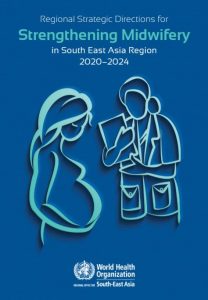
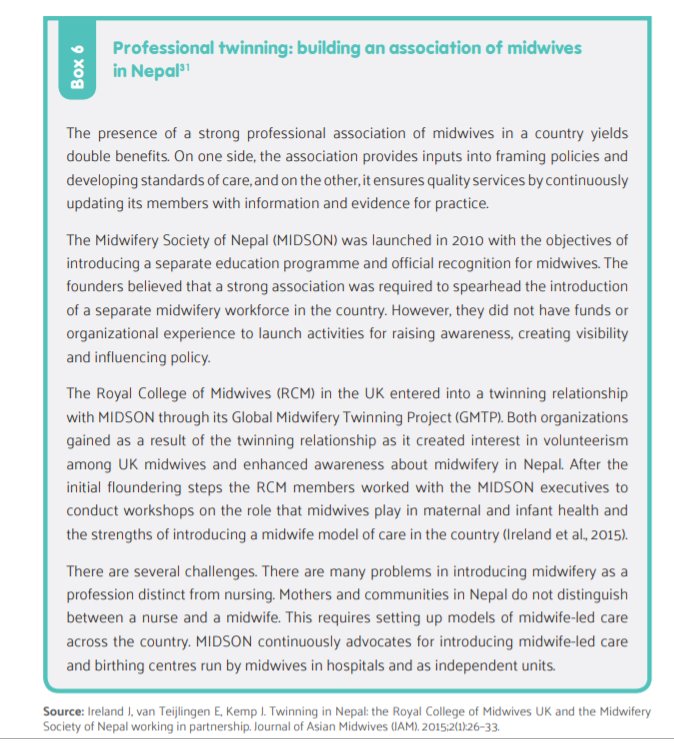 Bournemouth University’s work in Nepal is ongoing with a project run by CMMPH helping to develop midwifery education and training the trainers funded by the German aid organisation GIZ (Deutsche Gesellschaft für Internationale Zusammenarbeit).
Bournemouth University’s work in Nepal is ongoing with a project run by CMMPH helping to develop midwifery education and training the trainers funded by the German aid organisation GIZ (Deutsche Gesellschaft für Internationale Zusammenarbeit).
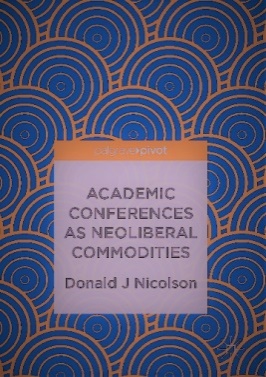



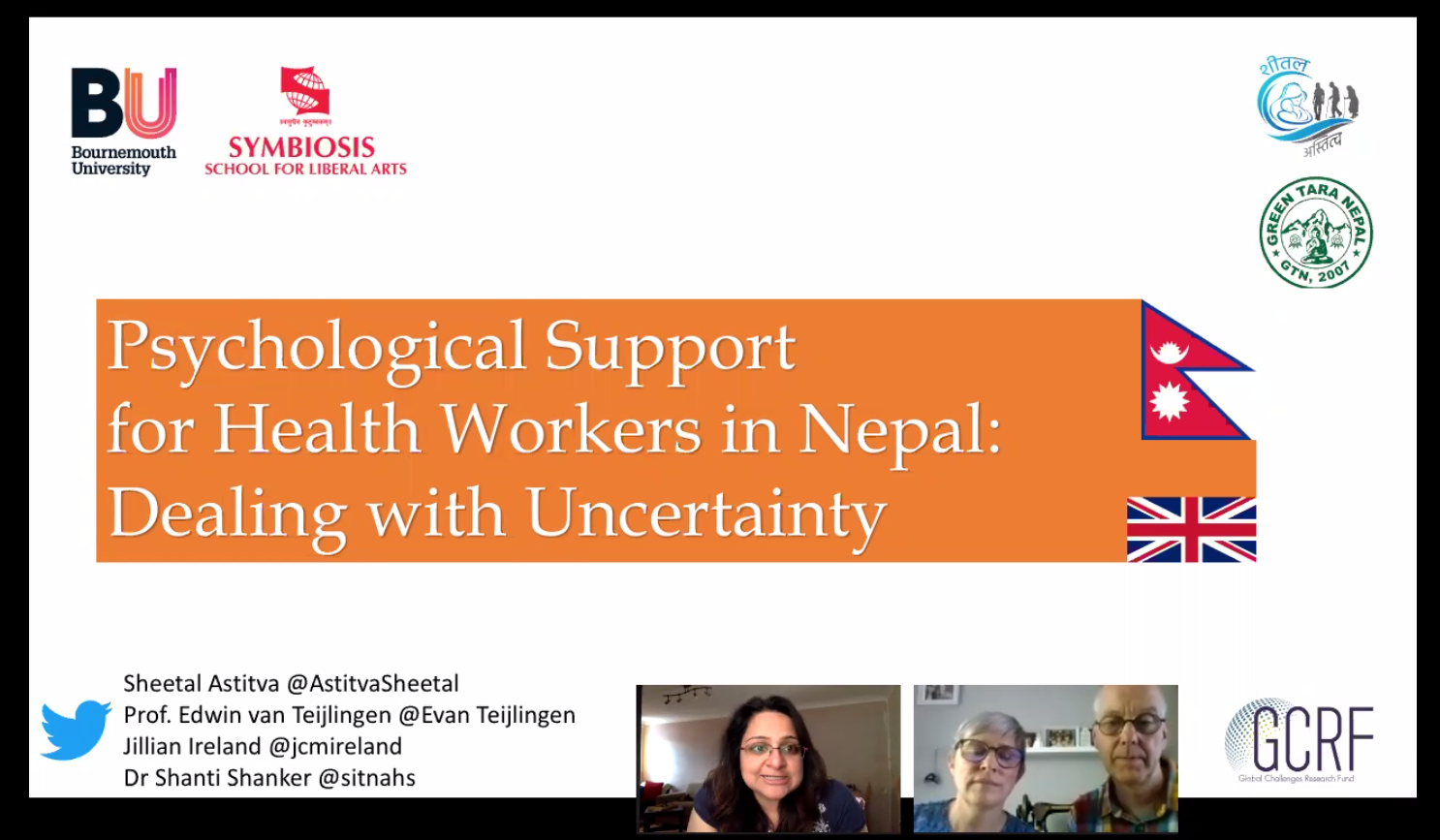
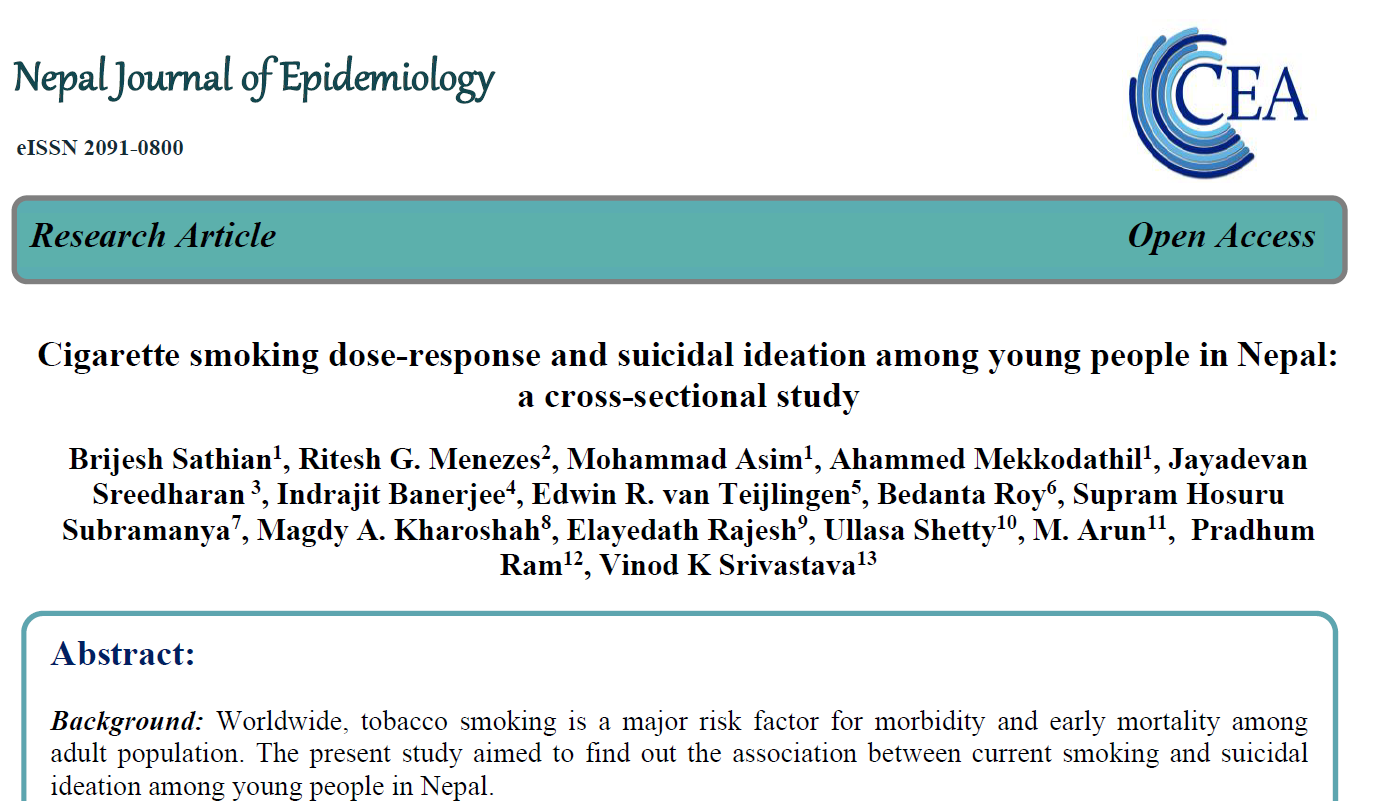






 The international social science publisher SAGE published a new textbook this week under the title
The international social science publisher SAGE published a new textbook this week under the title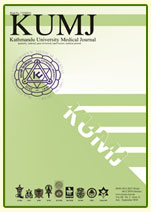




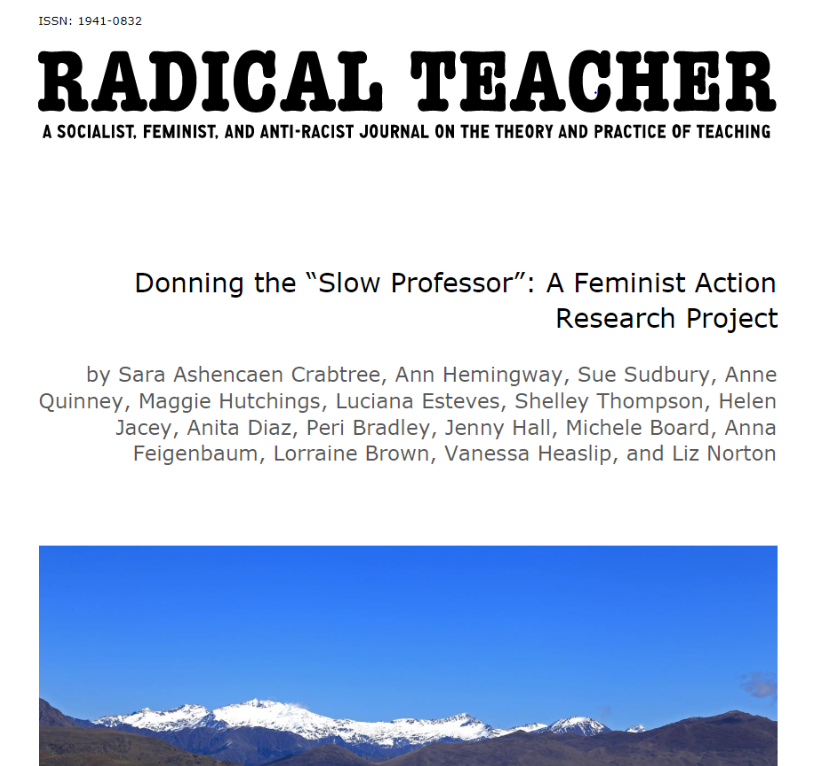
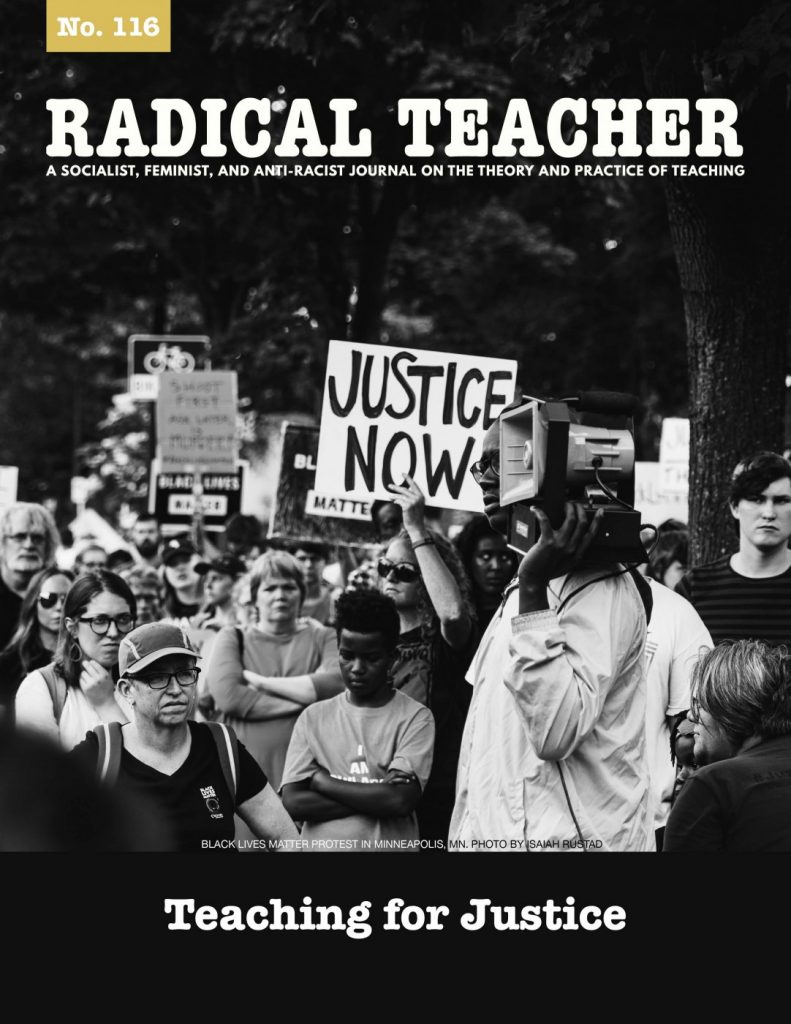
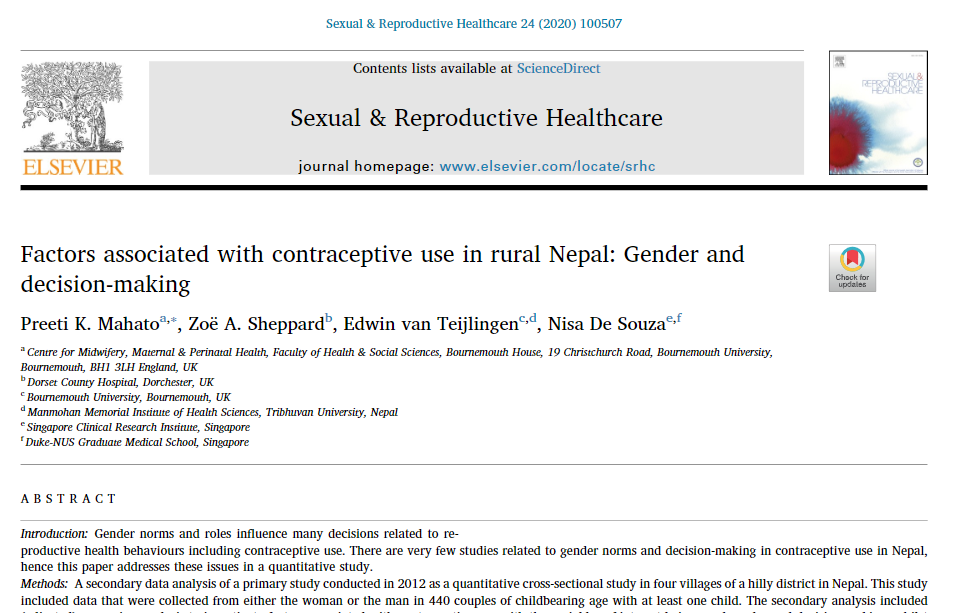





 funding to support 10 UK Psychology Students and Staff to visit India. This initiative receives further support from Global Engagement Hub, Bournemouth University.
funding to support 10 UK Psychology Students and Staff to visit India. This initiative receives further support from Global Engagement Hub, Bournemouth University.











 REF Code of Practice consultation is open!
REF Code of Practice consultation is open! BU Leads AI-Driven Work Package in EU Horizon SUSHEAS Project
BU Leads AI-Driven Work Package in EU Horizon SUSHEAS Project Evidence Synthesis Centre open at Kathmandu University
Evidence Synthesis Centre open at Kathmandu University Expand Your Impact: Collaboration and Networking Workshops for Researchers
Expand Your Impact: Collaboration and Networking Workshops for Researchers Visiting Prof. Sujan Marahatta presenting at BU
Visiting Prof. Sujan Marahatta presenting at BU ECR Funding Open Call: Research Culture & Community Grant – Apply now
ECR Funding Open Call: Research Culture & Community Grant – Apply now ECR Funding Open Call: Research Culture & Community Grant – Application Deadline Friday 12 December
ECR Funding Open Call: Research Culture & Community Grant – Application Deadline Friday 12 December MSCA Postdoctoral Fellowships 2025 Call
MSCA Postdoctoral Fellowships 2025 Call ERC Advanced Grant 2025 Webinar
ERC Advanced Grant 2025 Webinar Update on UKRO services
Update on UKRO services European research project exploring use of ‘virtual twins’ to better manage metabolic associated fatty liver disease
European research project exploring use of ‘virtual twins’ to better manage metabolic associated fatty liver disease